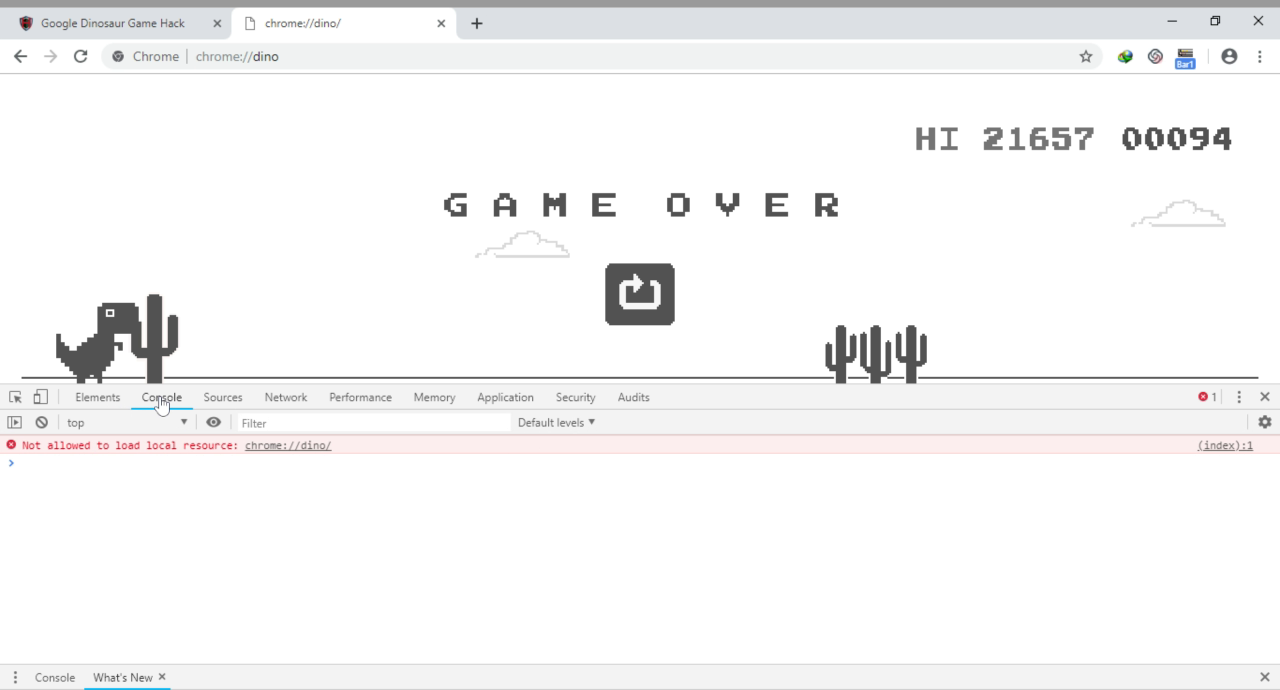

Select the task you want to shut down, then click End Process. Click the Memory footprint heading to sort tasks by how much memory they use. At the top-right corner of Chrome, click the More button (i.e., the circular icon with three vertically aligned dots inside). To close them and make your browser run faster, do the following: Unbeknownst to you, Chrome may be running resource-intensive tasks that you no longer need. There are other extensions available, but these may be riddled with bugs, so choose carefully. If you don’t want to take those risks, you can use Chrome extensions like Session Buddy and Tabby to help you manage the processing power consumption of your tabs. The relaunched browser will detect inactive tabs and put these on “sleep” mode.Ĭhrome warns users to save their work before proceeding - and with the feature being experimental, there may be yet-unknown bugs that may ruin your Chrome experience. When the Relaunch button appears, click it. In the drop-down menu next to the Reduce User-Agent request header, select Enabled. Type Freeze or Reduce User-Agent in the search bar. In Chrome’s address bar, type chrome://flags/ and press Enter. If you’re willing to try that feature out, then follow these steps: To be specific, that feature is still in the experimental stages. The best way to reduce your browser’s workload is to close unused tabs.Īs of this writing, Chrome can’t yet put tabs on sleep mode like Microsoft Edge can. The more open tabs you have on Chrome, the more processing power the web browser requires from your computer. Close unused tabs or put them in sleep mode Simply scroll through the list and click Remove to delete the extensions you don’t need. From there, you’ll find a list of all the extensions you have. You can also manage all extensions by typing chrome://extensions in your browser’s address bar and hitting Enter. Most extensions are accessible beside Chrome’s address bar, and you can quickly uninstall them by right-clicking on their icons and selecting Remove from Chrome. While these extensions are useful, they can slow down Chrome if there are too many installed at once. For example, you can add an extension that blocks ads, one that shortens URLs, or one that shows your most important tasks of the day. Disable or delete extensionsĮxtensions are downloadable programs from the Chrome Web Store that you can add to your browser to give it more functionality and a personalized touch. Google continually optimizes its products, so make sure that Chrome is always updated to keep it working as fast as possible. Fortunately, these problems are simple to fix. Additionally, there are times when it feels slower than normal. (And yes, we know this is a pain… but infinitely preferable to trying to retrieve your money or your online reputation after an identity theft incident.While Chrome is many users’ browser of choice because of its speed, it does consume a lot of system RAM. #Google chrome hack password
What should you do when you get this alert? We suggest that you change your password for that site immediately – preferably to something you’ve not used in tandem with that username on any other site.


No one, including Google, is able to derive your username or password from this encrypted copy.” “Whenever Google discovers a username and password exposed by another company’s data breach, we store a hashed and encrypted copy of the data on our servers with a secret key known only to Google… When you sign in to a website, Chrome will send a hashed copy of your username and password to Google encrypted with a secret key only known to Chrome. Google is checking a hashed copy of your login details against a database of compromised data and alerting you that your info has potentially been compromised.

This is not a sign that the site you’re accessing has been hacked – rather, it’s a new feature in the browser that was incorporated in a December 2019 update.








 0 kommentar(er)
0 kommentar(er)
